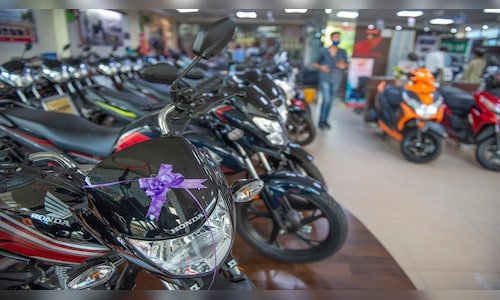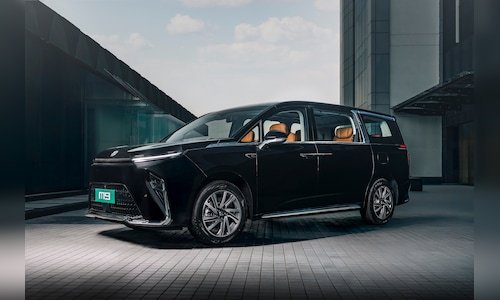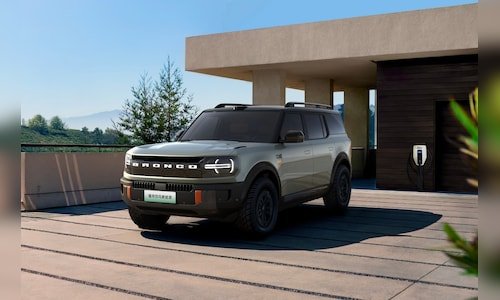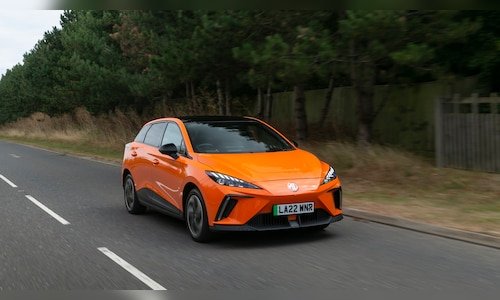GST cut on two-wheelers to 18% welcome, but still above global norms: Bajaj Auto CFO

Dinesh Thapar, CFO of Bajaj Auto, said the reduction of GST from 28% to 18% for two- and three-wheelers is a welcome move but pointed out that India’s rate would still be higher than comparable economies.
“Even though at 18% is higher than what comparable economies with large two-wheeler economies across the world are—fundamentally in the range of 8 to 15%—the reduction from 28% to 18% is absolutely the right direction of change,” he said.Read Here | Auto sector calls for uniform GST ahead of council meet; Eicher, Hero flag risks of higher tax on premium bikes
On the proposed higher tax for larger bikes, Thapar said, “The whole piece about moving the taxation up to 40% for upwards of 350cc really has no possible reason. It’s 1% of the industry at this point in time… to put it into the 40% bracket is to give it the colour of luxury. It isn’t a luxury. A 400cc motorcycle today is widely adopted across the country by people who go to work. It’s a necessity.”
Rajeev Chaba, CEO Emeritus of JSW MG Motor India, believes GST rationalisation should not be limited to vehicle size or engine displacement but should also account for technological advances and environmental impact.
He pointed out that reducing GST on small internal combustion cars without providing similar benefits to EVs could erode the price advantage of electric mobility. According to him, making EVs tax-free would ensure consumers are not discouraged from adopting cleaner technologies.
Chaba also expressed concern over the proposal to levy 40% GST on larger vehicles and premium motorcycles, arguing that such differential rates could distort the market, restrict consumer choice, and deter investment.
He emphasised that participation in the 350cc and above motorcycle category is vital for Indian manufacturers to remain globally competitive.
Watch this video for more
Discover more from News Hub
Subscribe to get the latest posts sent to your email.







